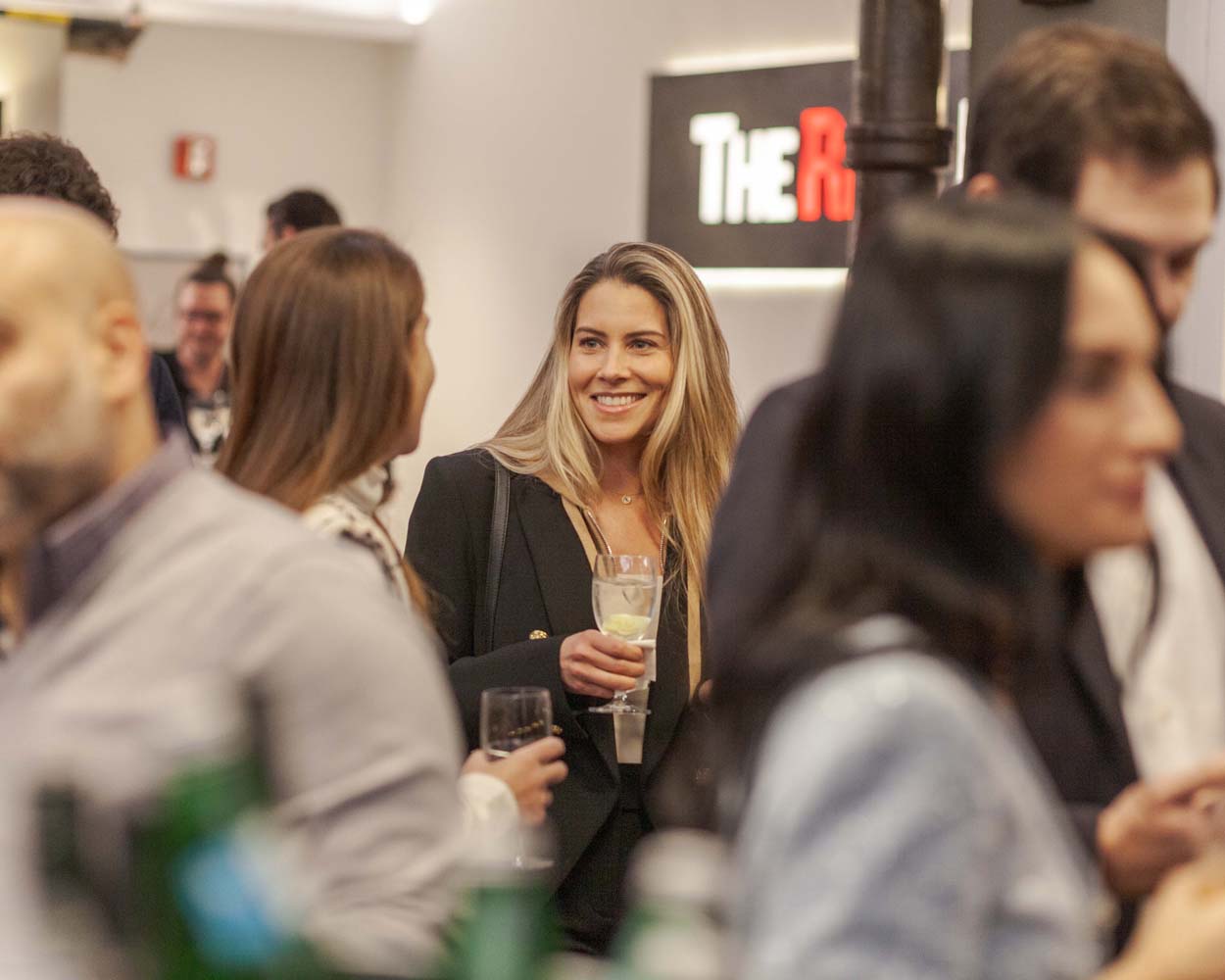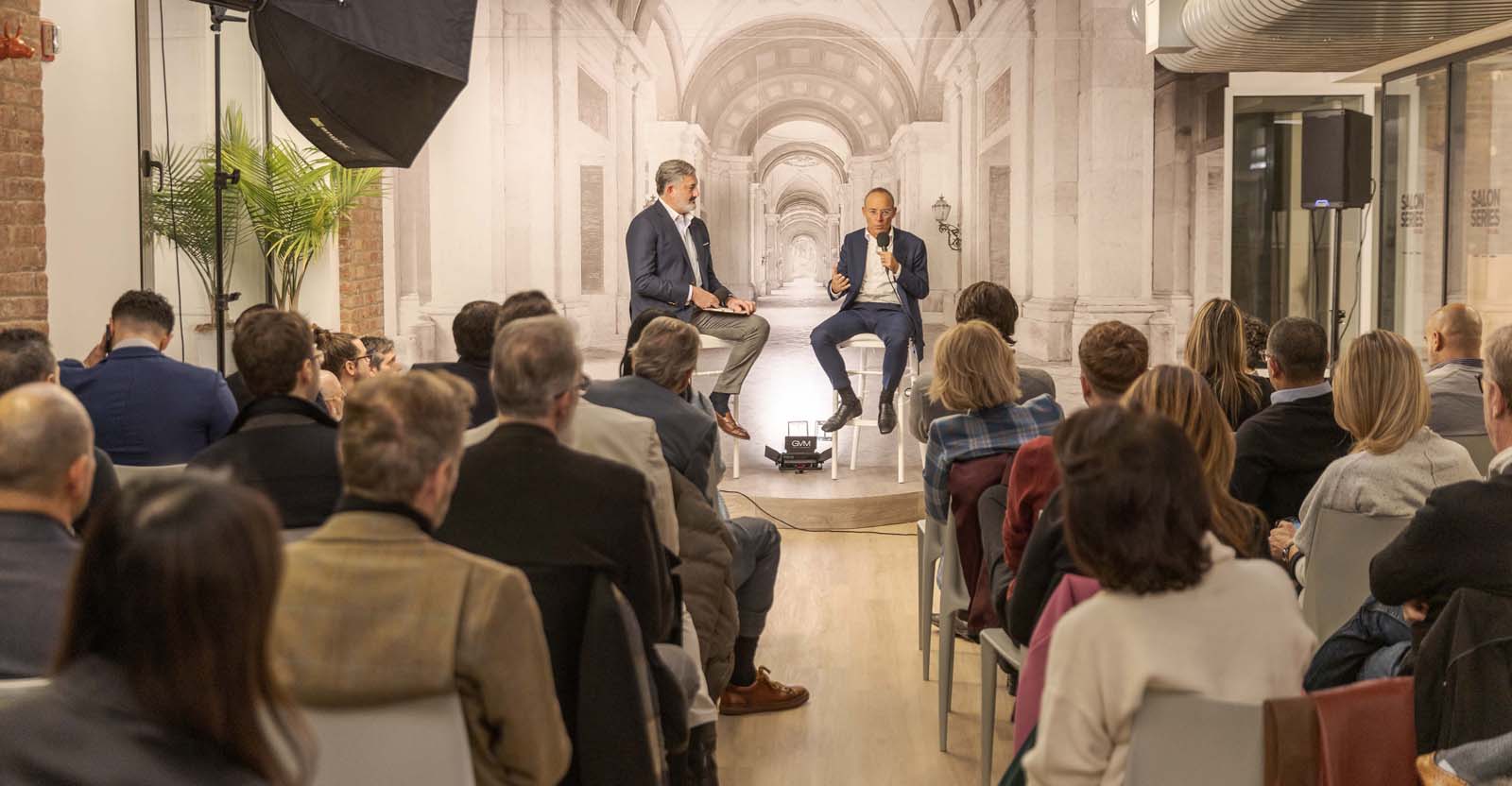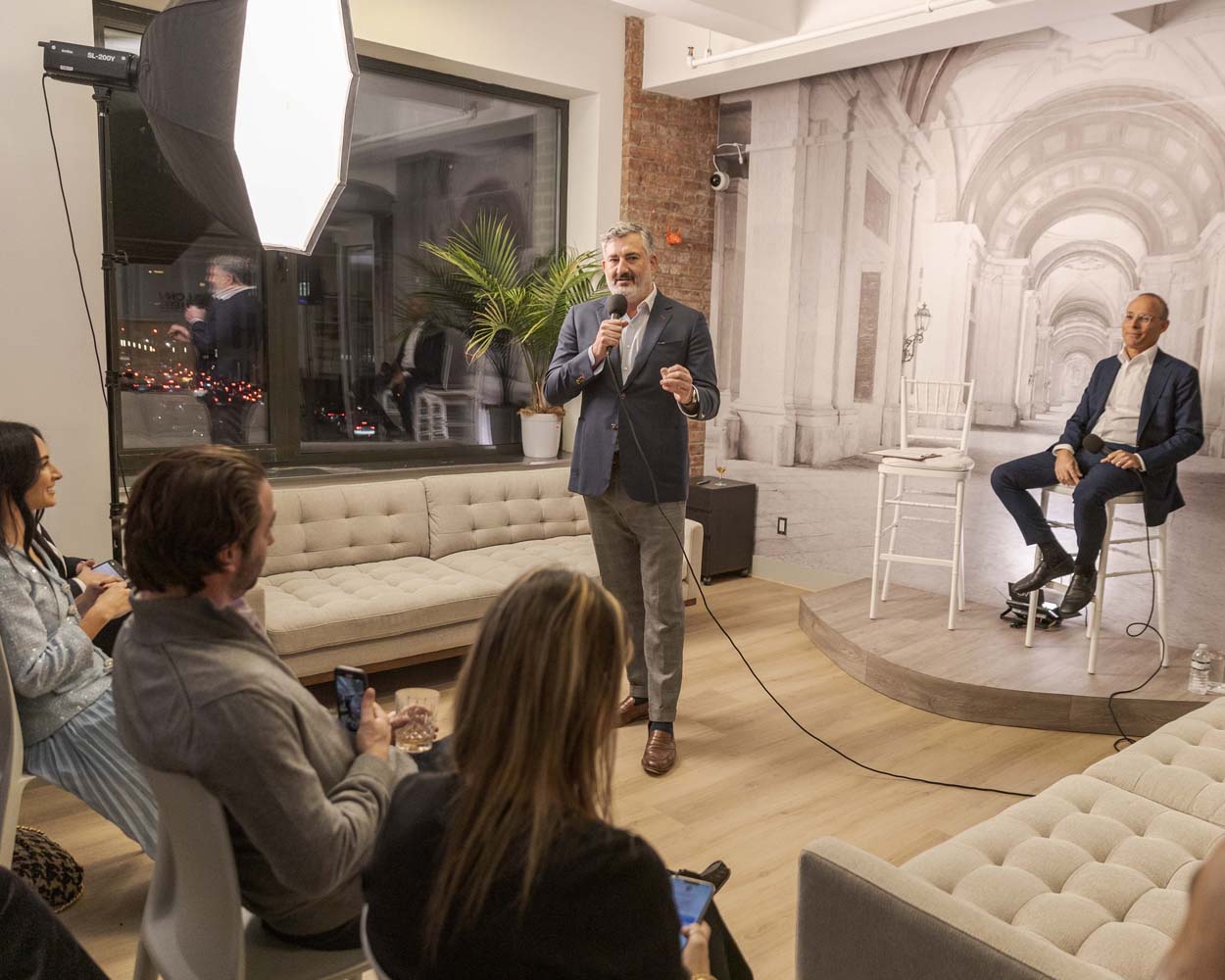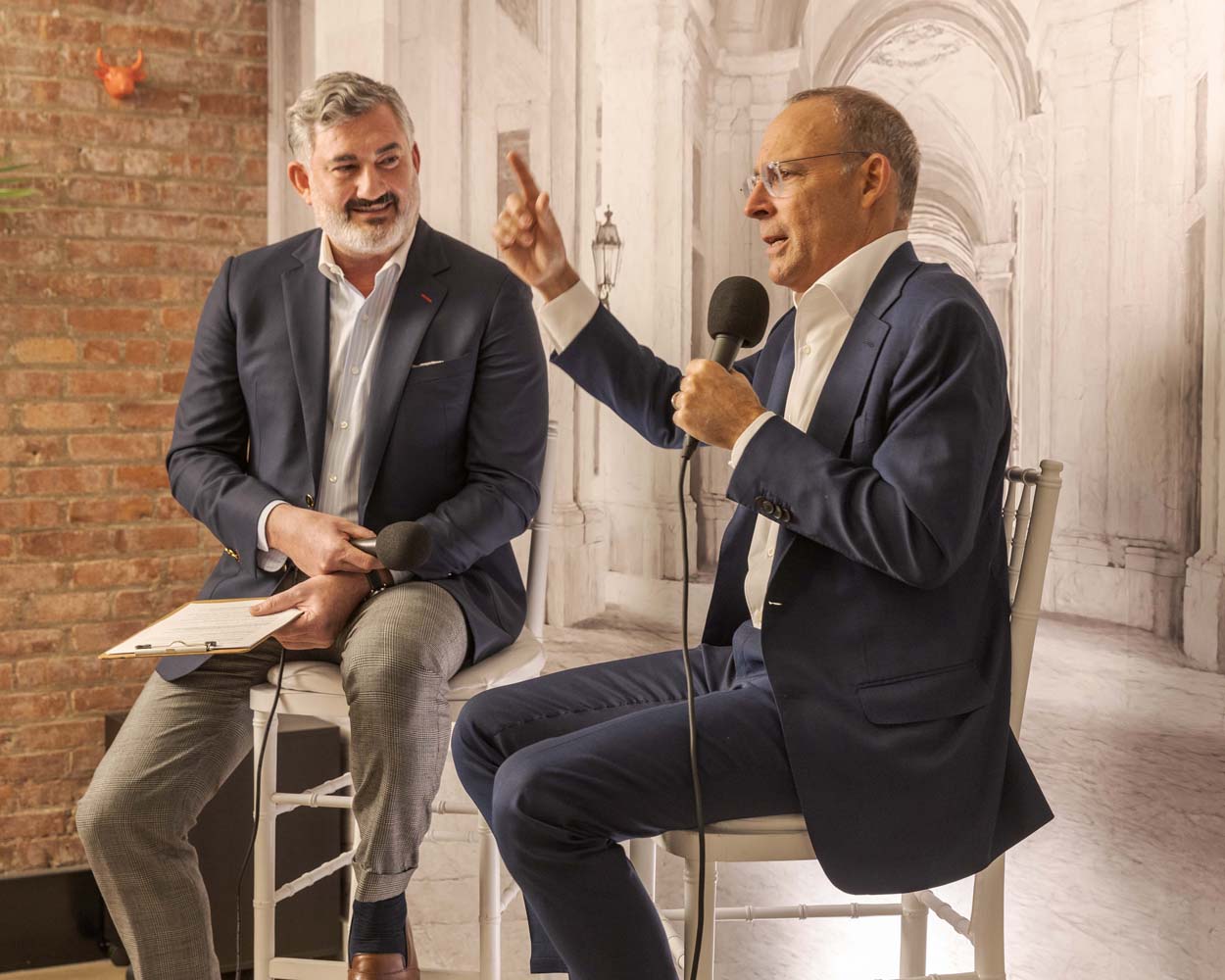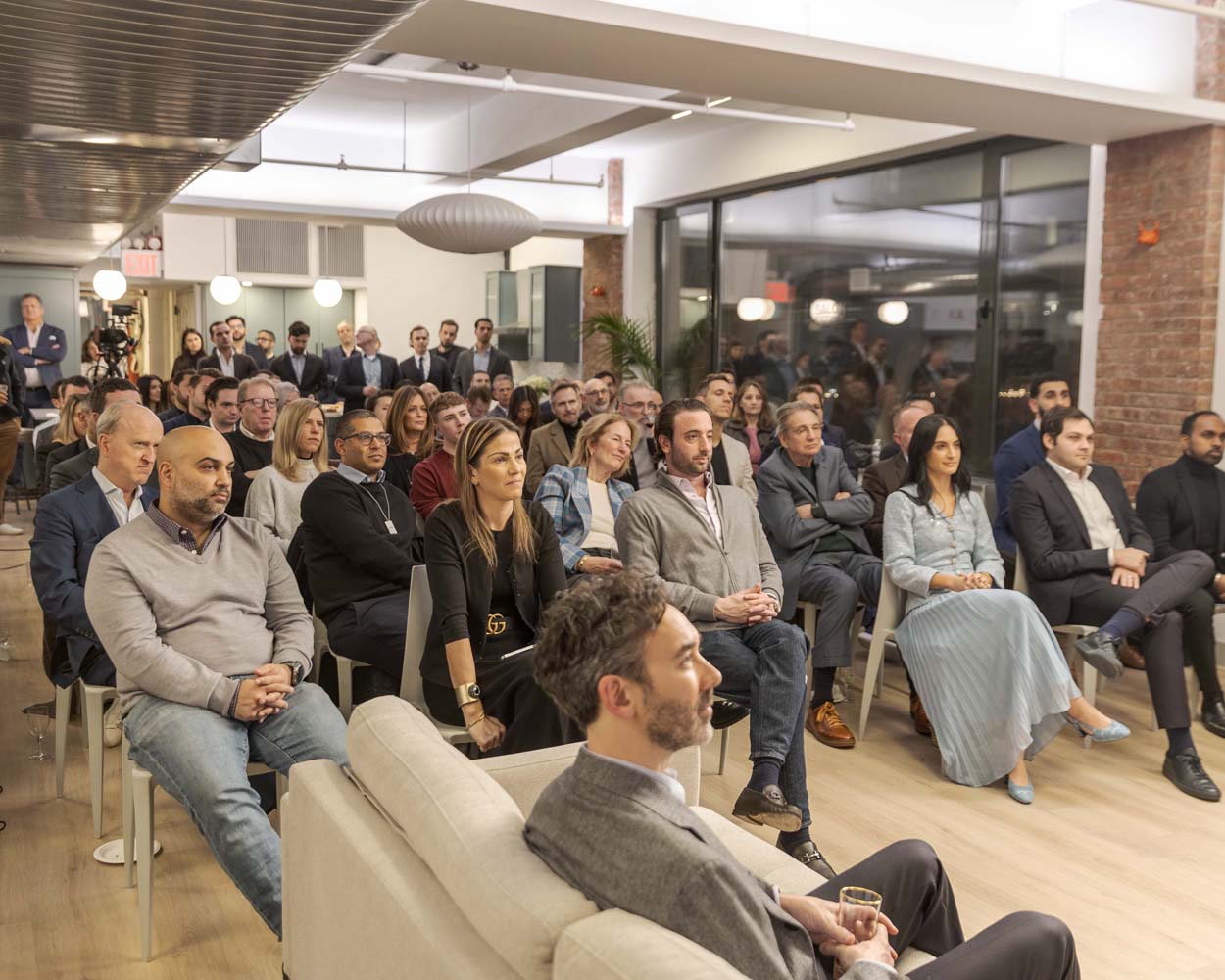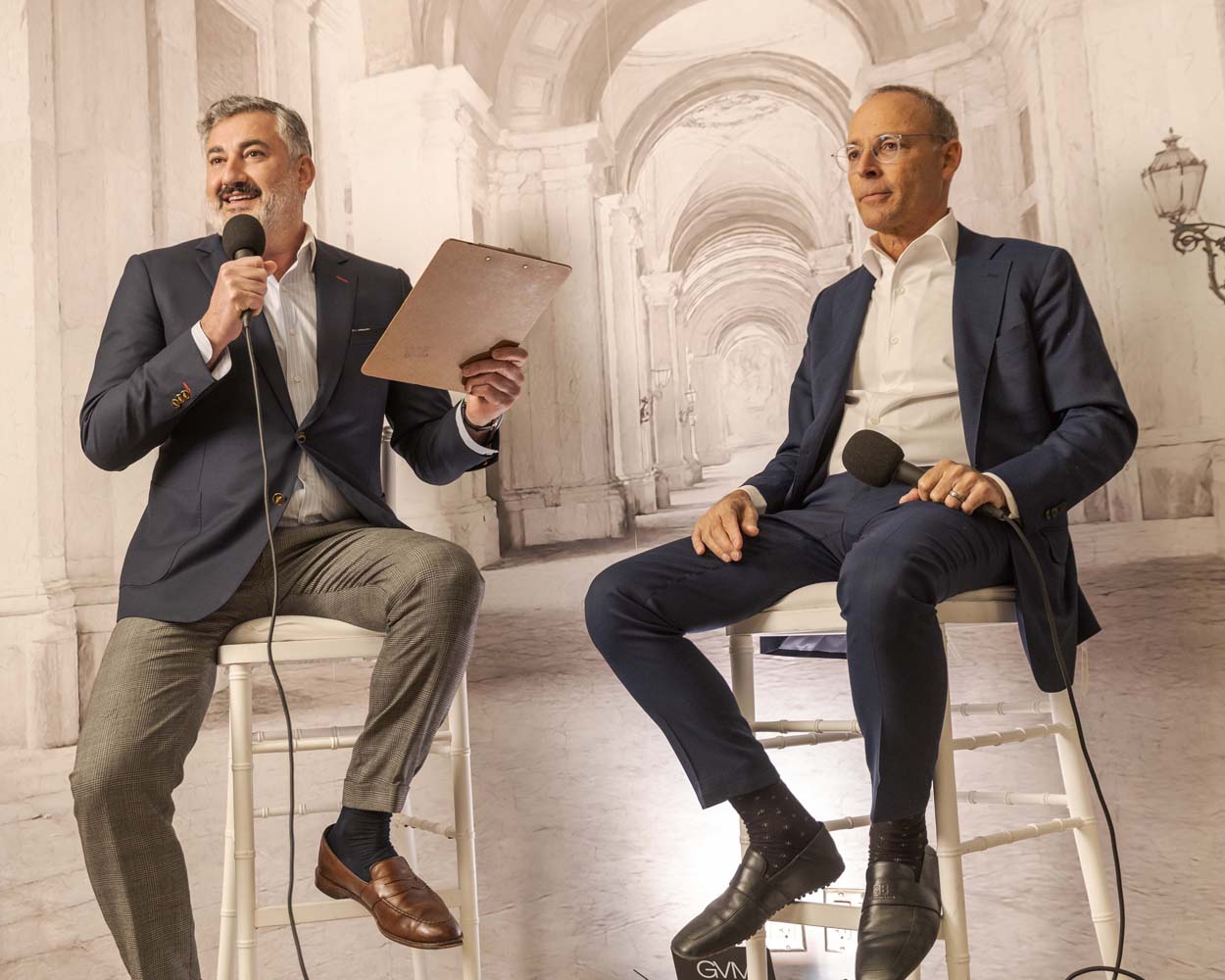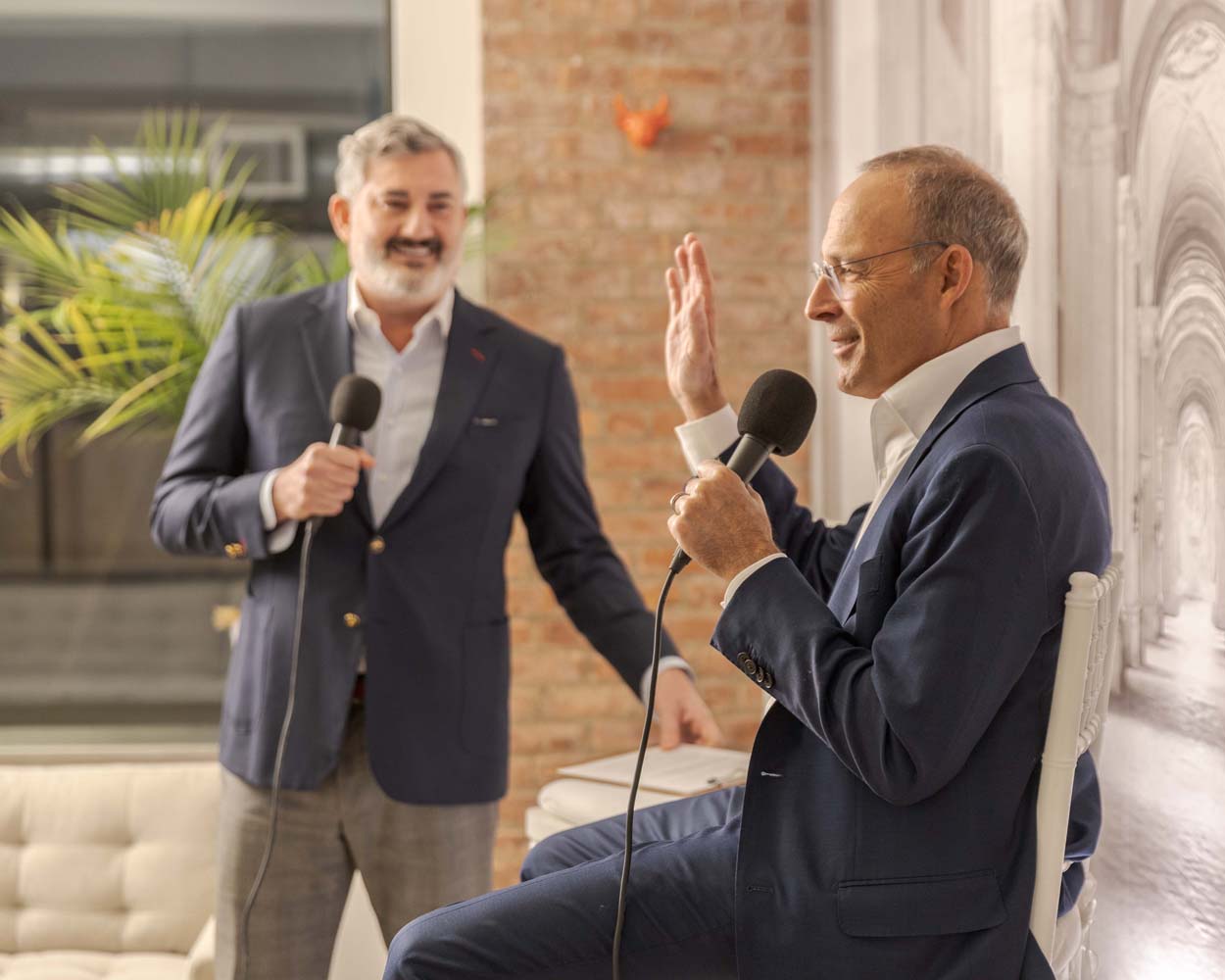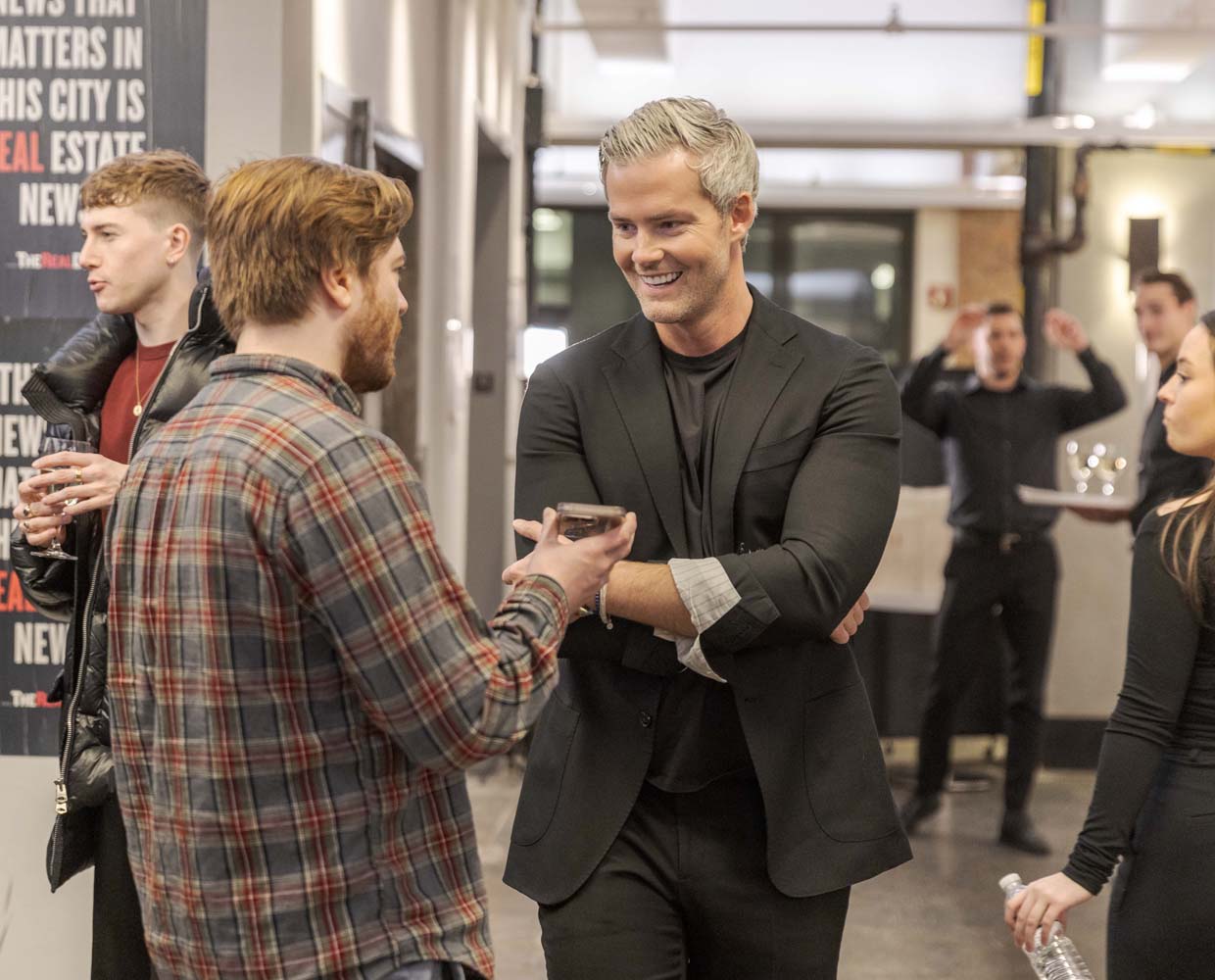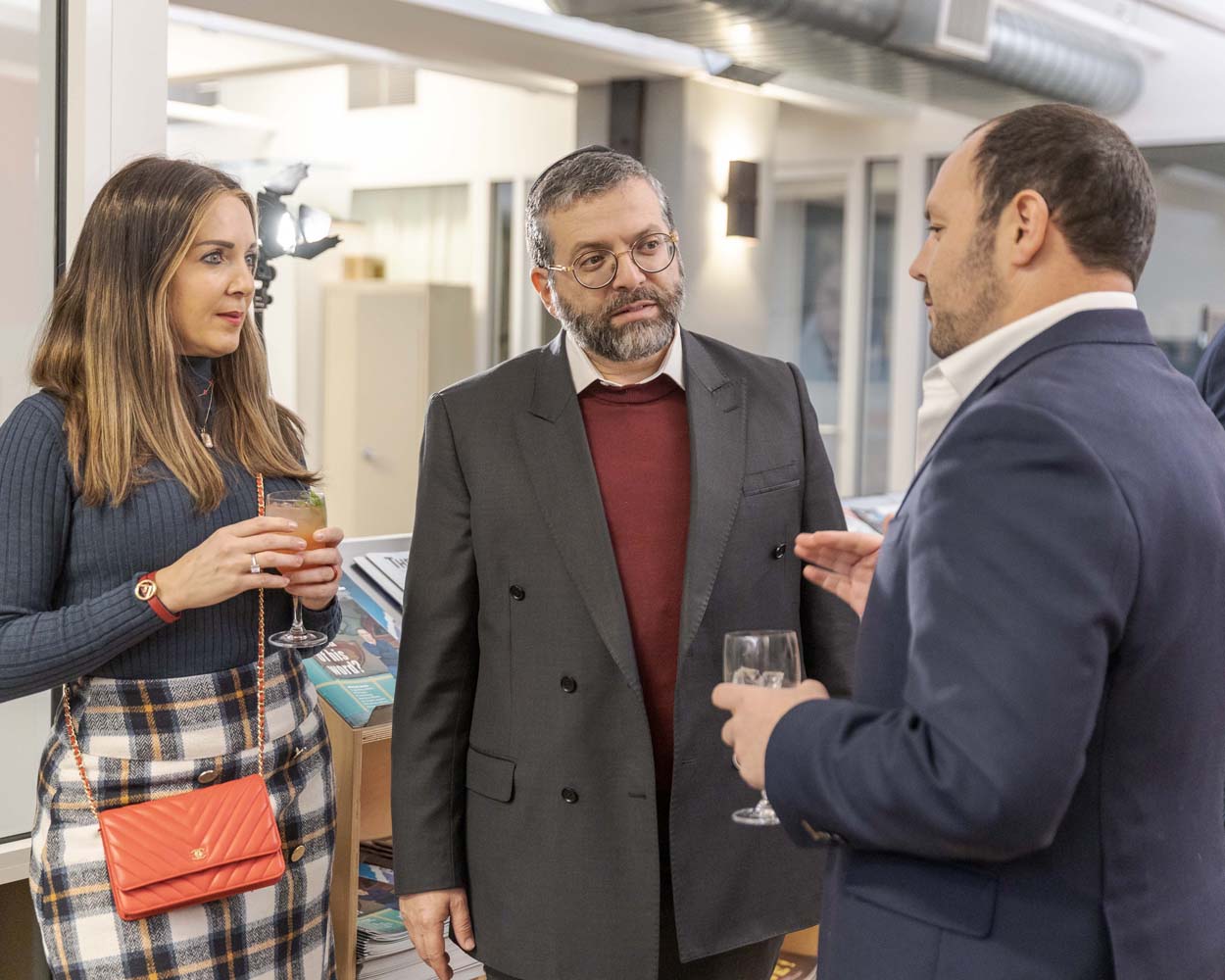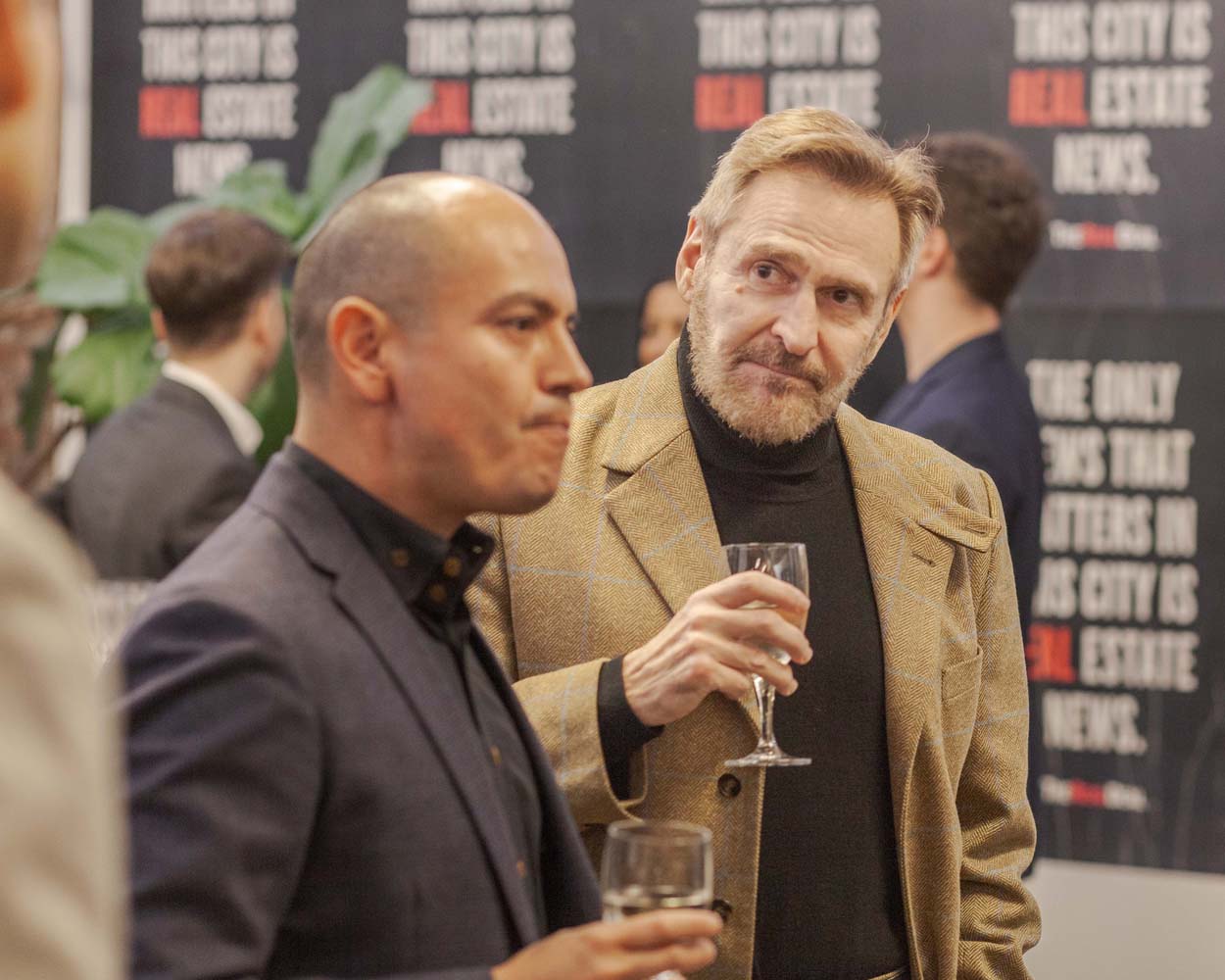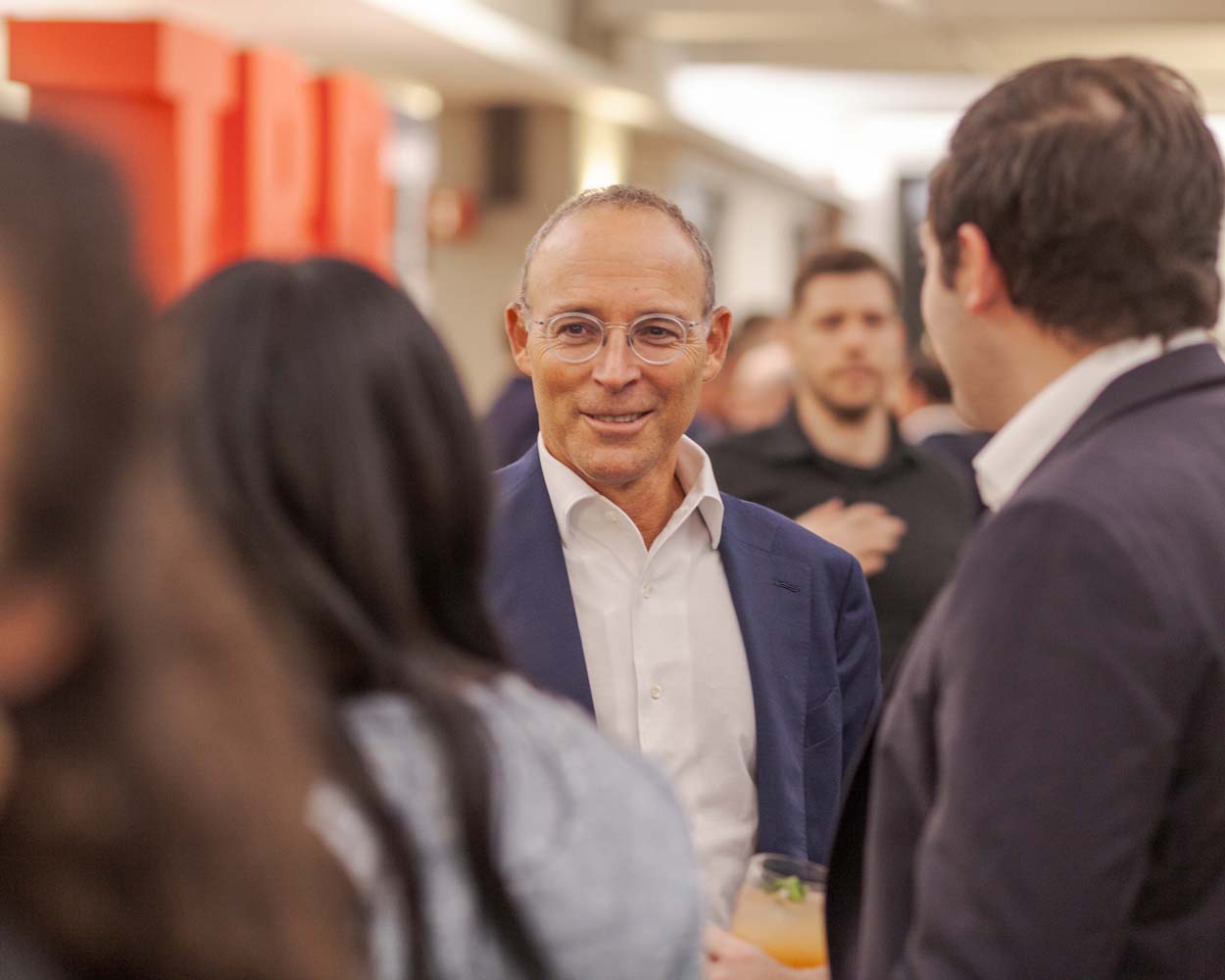Miki Naftali is the most enviable condo developer in New York. Maybe in the U.S.
In New York alone, his firm is building 1,000 condo and rental units in Williamsburg, a 36-story high-rise on the Upper East Side, and a condo project on the Upper West Side. In Miami, Naftali will build a 67-story residential tower.
In recent years, Naftali’s projects in Manhattan have all sold out before the first buyer moved in. That’s a rarity in high-end New York real estate, where sales depend on economic conditions overseas, design and price point.
“All we do is deliver,” said Naftali during a Salon Series at The Real Deal’s New York office. “We are not making up stories, we’re not trying to manipulate numbers in Excel sheets.”
About five years ago, Naftali made the smart bet on Manhattan’s Upper East Side. Condo developers had bypassed the area, opting instead to construct their edifices for the world’s 1 percent in Billionaires’ Row in Midtown or Downtown Manhattan. But Naftali focused on the lack of new luxury development in the Silk Stocking District.
“Honestly, I don’t know why anyone else hasn’t done it before,” said Naftali.
The existing stock was dated, according to Naftali. Buildings had “small elevators, old mechanical systems, small windows, no amenities. You step into a lobby, and there is a round table with something on the table that looks like what my grandma used. And you ask yourself, What is this? This is the best of the Upper East Side?” Naftali said.
But development sites are not easy to come by. Piecing together an assemblage often requires tricky buyouts with tenants and building owners. Naftali recalled one time where he had been trying to get a hold of one older building owner, and after calling the owners’ receptionist found out that the man was in Malibu for the summer.
“I said, okay, so call back and say that tomorrow, I actually happen to be in Los Angeles. And maybe, you know, I will just stop by for coffee. Obviously, I didn’t have a reason,” said Naftali. “I flew, landed there in the morning, went to the meeting, spent a few hours listening about his grandchildren and all of that, and then took the red-eye and flew back.”
Naftali got the deal done. He closed on a property on Madison Avenue, built his condo tower and was off to his next one.
Naftali hopes to have the same success in Brooklyn. Naftali is building a mini-neighborhood in Williamsburg, where he plans to build five buildings and almost 1,000 residential units. Naftali has already landed $385 million in construction financing for one part of the project.
Last year, Naftali also made a surprising move to build in Miami. The developer avoided the wave of migration of New York condo developers to the sixth borough during the mid 2010s. Instead, he decided to jump in during the post-Covid boom. Naftali thinks the Miami condo world lacks the New York level of excellence. He believes he can build a better product. Perhaps with fewer Porsches on the condo interiors.
“There is a real need for quality in South Florida,” said Naftali. “There are not as many talented developers in South Florida as in New York.”
Naftali, now 61, began his real estate career managing properties in L.A. while attending college at the University of Southern California. Naftali’s sustained rise is like few others. In 2004, he bought the storied Plaza Hotel. Today, his firm has completed over 31 million square feet of development.
He attributes his success to his ability to listen to criticism.
“Throughout my career I met a lot of very successful, big billionaires, heads of state, and princes. Whatever you think about it, I met all of them. The problem is they got to a point where they stopped listening,” said Naftali.
“I thank God that I’m successful, but I’m making mistakes, and I don’t know everything, and some of the people around me have better ideas than I have,” he said. “And I want to hear and eventually try to implement and push them to get the best from them. So they can help us to create the best thing that we can create.”
